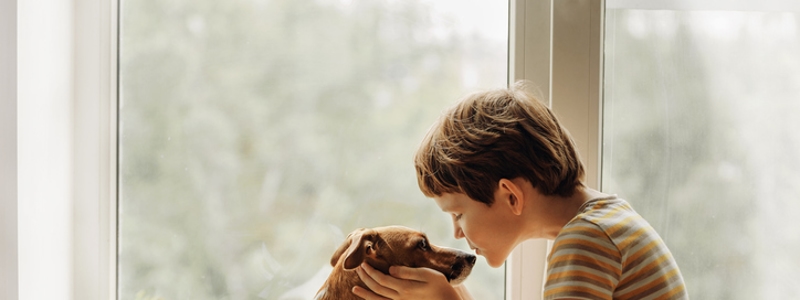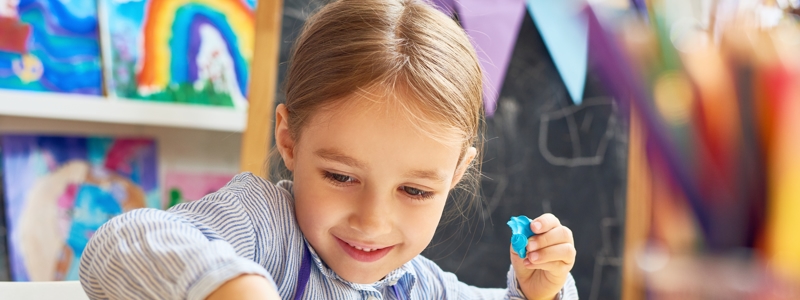We all know that having pets can bring many amazing benefits into a household and can teach us so much, especially when it comes to our children. Not only do animals give unconditional love but they also provide wonderful opportunities for children to develop their emotional intelligence. This means kids will be more able to identify, evaluate and regulate emotions, which will help them build relationships, care for others. Having a pet has even been linked to increased academic success. Here’s some more specific ways pets can help children develop their emotional intelligence.
Develop Empathy
Children that have pets at home usually develop empathy as a result, both towards other animals and people. Looking after a living creature is a huge responsibility and kids must learn to think about their pets’ requirements. Small contributions such as filling up water bowls and brushing fur helps build up an emotional connection that fosters empathy. It also helps them to recognise that other humans and animals have needs too.
Understand Non-Verbal Cues
As pets are non-verbal creatures, children must learn how to identify their emotions through their physical gestures such as a wagging tail or pricked-up ears. This helps children become more in-tune with non-verbal signals to work out what they need. Children aren’t naturally born understanding these cues, but loving a pet can help them learn.
Self-Regulate Behaviour
When a pet becomes scared or upset by loud noises or boisterous behaviour, children must learn to regulate their behaviour to provide comfort. For example- they may need to pat the animal more gently and lower their voice, helping them understand how their actions affect others.
Build Up Confidence and Self Esteem
Taking care of pets means having an important responsibility, which can give children a sense of personal fulfilment and help them build up their levels of self-esteem and confidence. Even though it can be a battle to get your kids to look after pets once the novelty has worn off, it’s definitely worth persevering. When children care for an animal, they also start to feel more equipped to look after themselves, helping them become more independent.
Practice Nurturing
All children need to learn how to be kind and caring towards others and a pet is a great way for them to practice this skill. It’s expected to be loving and gentle towards pets by scratching their tummies and ears, feeding them regularly and making sure they are cared for.
Stress Reduction
Pets are not only calming, but also make kids laugh, reduce stress and provide a non-judgemental outlet for them to share their fears and worries. In fact, in one study, children consistently named their pets when asked who they’d talk to about a problem. Animals offer a unique emotional support, and are able to reduce negative feelings, especially as children feel unconditionally supported by them.




